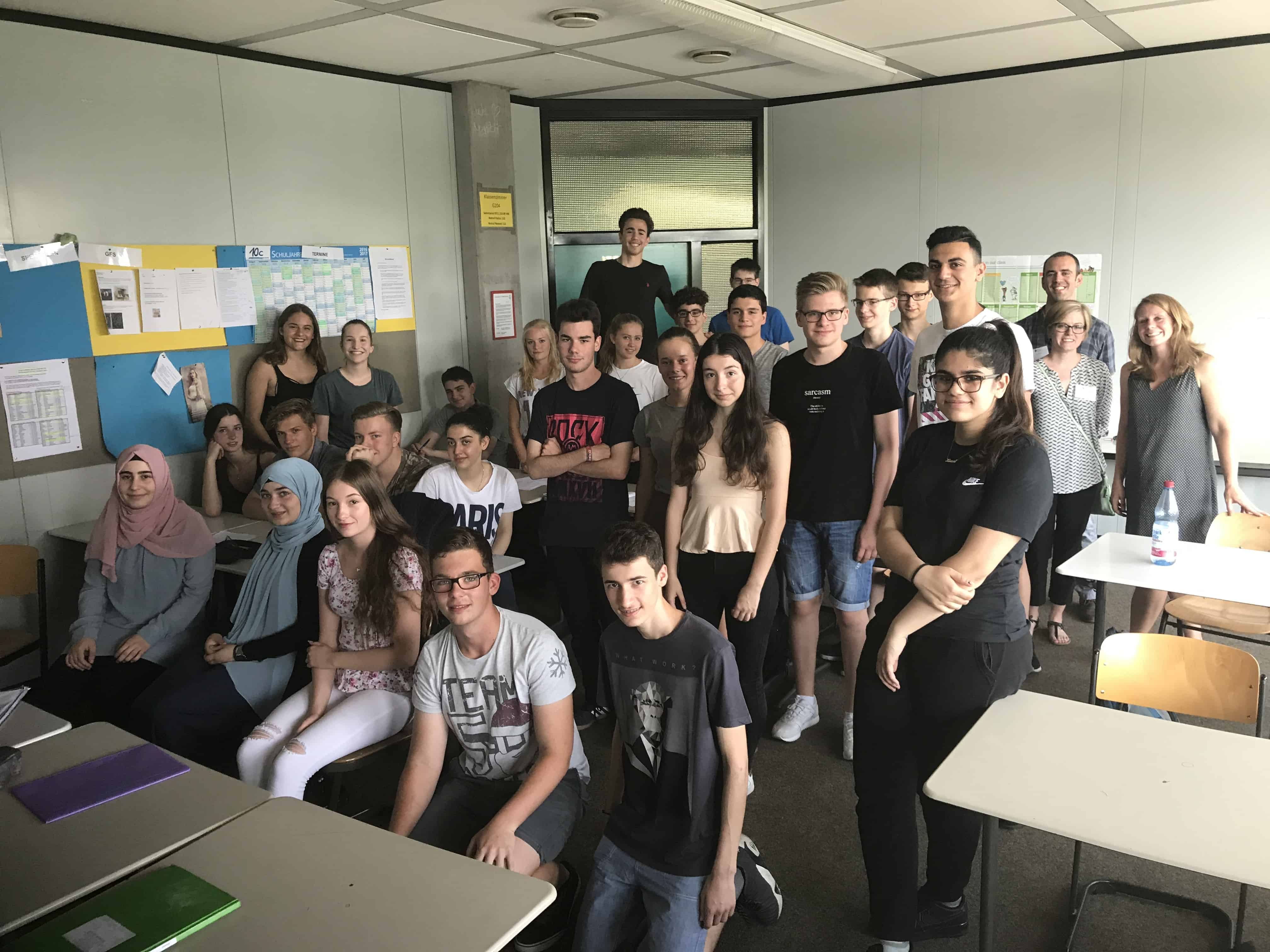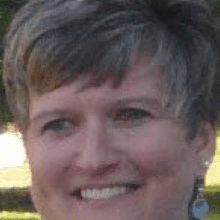Our visit to Eschbach-Gymnasium Stuttgart-Frieburg, an ocean and continent away, revealed that teenagers are more alike than different.
They dress alike, they giggle at goofy adults, and many shy away from speaking in front of groups. But clearly there is a fascination with Americans — as evidenced by an incident in the classroom we visited.
It was nearly the end of the class hour, and the teacher asked if any student would give up their break to stay and answer our questions. To ensure that there would be at least some students that would stay, the teacher asked for specific volunteers and called their names to confirm. Only a couple of students raised their hands. However, when the class did end, a full half of the 24-member class stayed. This was very gratifying to us.
One interesting question asked by a German student was, “Do you think America is too patriotic?” We answered, as humbly as possible, that pride in being American was felt by all Americans, but we never feel that we are better than any other nationality.
Interestingly enough, the German classroom teacher chimed in and asked her students, “How many of you would say you are proud to be German?” The response was many shaking their heads, indicating that no one would admit to it. We were dumbfounded by this.
We then asked about German soccer and World Cup competition and they responded that this was different. So clearly, there is a stigma about post-World War II German identity experienced by Germans today.
Throughout the initial days of our trip, we have noticed a recurring theme of new blended with old. Initially, this was evident as we toured Berlin. There was an abundance of historical sites, museums, and cathedrals while, in the same view, you saw new construction and high-rise buildings. This impressive dynamic also seems to be echoed in Germany’s educational system.
Our visit today to Eschbach-Gymnasium proved to reinforce this mixture of new and old. Germany is known for innovation in information technology and machinery, so it was to our surprise that technology seemed very minimal during our visit. The classrooms we visited were supplied with a projector and SMART Board, but little else in the way of devices. Students had textbooks and paper ready to go on their desks; there were no iPads or laptops, and Wi-Fi is not readily available. These observations seem to depict very traditional teaching styles and certainly stirred our curiosity.
Technology is certainly a vital tool in the educational process, but are we leaning on it too much? One thing is certain: this contrast between new and old has encouraged us to reflect on our own teaching practices, and to continue using strategies that we know will work, but to not be afraid to embrace new ideas.
Note: Carla McSwain and Shanna Mustin are traveling with the GoGlobal teacher program to Germany. Follow their experiences at ednc.org. To learn more about the program, visit goglobalnc.org.


